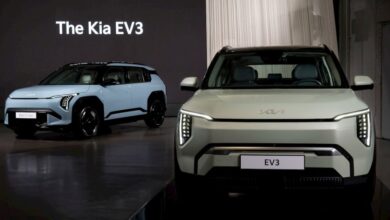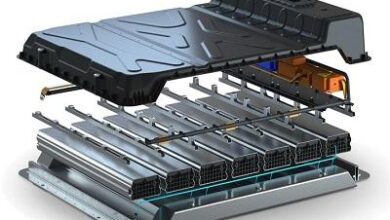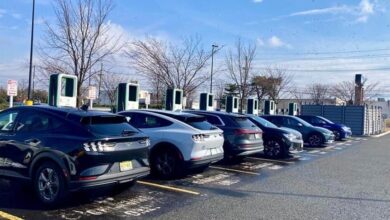EU Tariff Could Cost China Nearly $4 Billion in EV Sales

A potential EU tariff of 20% on China-made electric vehicles would cost China $3.8 billion worth of EV exports to the bloc, but it would also cost EU end-consumers “noticeably higher prices,” Germany’s Kiel Institute for the World Economy said in an analysis on Friday.
The EU launched in October 2023 anti-subsidy investigations into EU imports of EVs from China to determine whether the value chains in China benefit from illegal subsidies.
The findings of the investigation will establish whether it is in the EU’s interest to impose anti-subsidy duties on EV imports from China, the European Commission said at the time. The EU probe into the Chinese subsidies is ongoing and set to conclude by November, but the bloc could impose tariffs as early as July.
Rumors are circulating that the EU could impose a 20% tariff. If this is the case, the volume of imported EVs from China would fall by 25%. Converted to the almost 500,000 vehicles imported in 2023, this corresponds to an estimated 125,000 units, worth almost $4 billion, Kiel Institute’s analysts wrote.
“The decline would largely be offset by an increase in production within the EU and a lower volume of EV exports, which would likely mean noticeably higher prices for end consumers,” they added.
The analysis doesn’t factor in a retaliatory move from China, which has threatened a 25% car tariff on EU and U.S. vehicles with big engines, which will hit higher-end European brands such as Mercedes-Benz and BMW the most.
The trade shift in case of EU tariffs on China-made could also affect German car manufacturers producing in China, Kiel Institute said.
“For consumers, this is likely to result in higher prices for electric vehicles because production within the EU is significantly more expensive than in China due to higher energy and material prices and, above all, significantly higher labor costs,” Julian Hinz, a trade researcher at the Kiel Institute, said in a statement.
“However, it is by no means a foregone conclusion that European car manufacturers will fill the gap, Chinese manufacturers such as BYD could also meet local demand with new plants in Europe.”
By Tsvetana Paraskova for Oilprice.com
More Top Reads From Oilprice.com:



